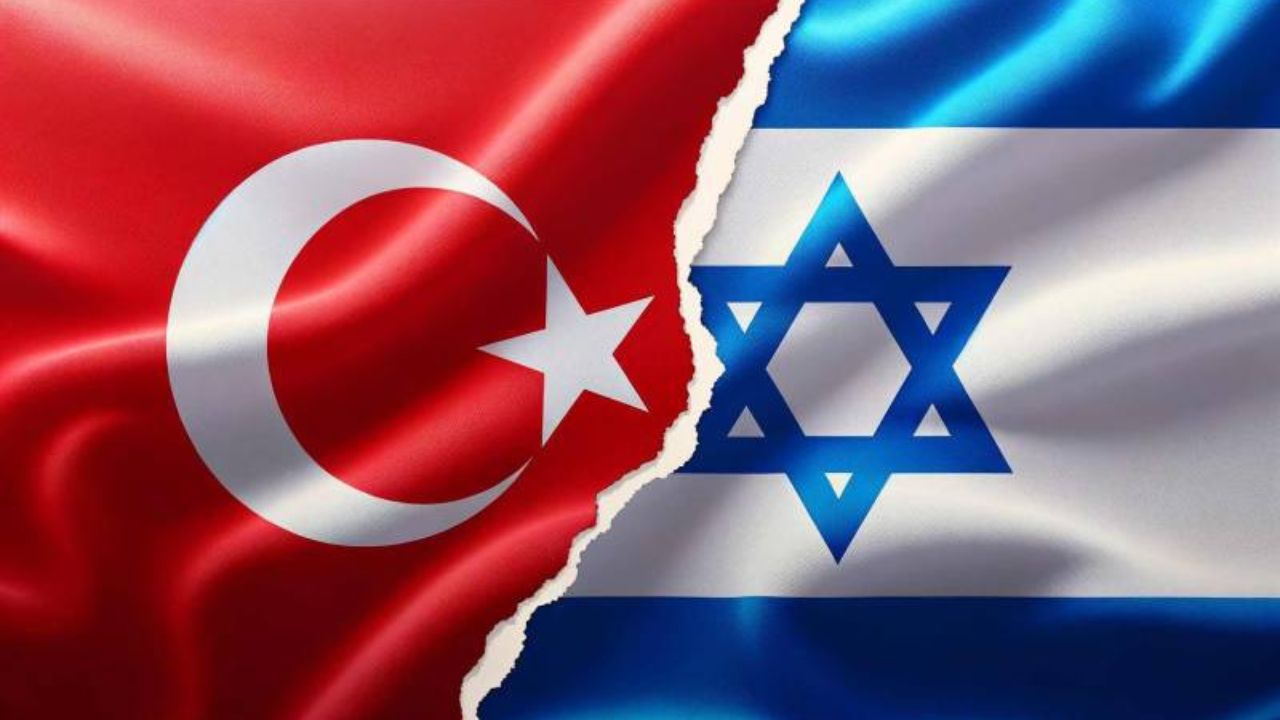
Publication
Israel VS Turkey: escalation or simulation?

ARVAK Center comment, 10.08.2024(1)
The hostile rhetoric between Turkey and Israel reached its peak at the end of July this year. On 28.07.2024, Recep Tayyip Erdogan said in a public address in Turkish city of Rize that he might send Turkish troops into Israel. In response, Israeli Justice Minister Israel Katz accused Turkey of de facto participation in the “Iranian axis of evil” and promised Erdogan the fate of Saddam Hussein.
At first glance, the nature of the mutual accusations and threats suggests that the sides are close to the “point of no return”, which could be followed, if not by war, then by the breakdown of all relations and enmity. However, there is one symptomatic circumstance that indicates the prematurity of such a conclusion. This is Tel Aviv’s reluctance to initiate a new process of state-level recognition of the Armenian genocide in the Ottoman Empire. For several decades, six different variations of the Armenian Genocide Law have been submitted to the Knesset for discussion, but each time the Israeli parliament has rejected the law by a majority vote “due to its complexity and diplomatic implications, as well as its strongly political nature”, etc.
The last attempt to pass the Armenian Genocide Law in 2023 was initiated by the “Yesh Atid” (“There is a Future”) party led by Yair Lapid, but even then, the Knesset rejected its passage with 28 votes in favor and 41 against. At first, the chances of a successful vote seemed high, as the Yesh Atid initiative was taken against the backdrop of a new escalation in Turkish-Israeli relations over the Mavi Marmara incident (2010). However, the ruling coalition of “Likud” (leader – B. Netanyahu) and “Israel Our Home” (leader – A. Lieberman) “buried” the law. Thus, the supporters of the initiative in Israel accused the ruling coalition and the government of using the Armenian Genocide issue for political purposes. According to the opinion of the pro-Armenian circles in Israel, B. Netanyahu and A. Lieberman made it clear to R. Erdogan that it was in their power to accept or reject the law. As a result, Turkey preferred to take a more restrained stance, and relations between the two capitals, if not completely normalized, were relatively stabilized for a certain period.
It is possible that B. Netanyahu will resort to a similar method soon, giving the green light to the interested parliamentary factions to produce a similar legislative initiative. However, such tendencies have not been observed in Israeli political circles so far, from which it can be concluded that B. Netanyahu’s right-wing government does not assess the state of affairs in relations with Ankara as critical.
In addition to the above, there is an important nuance. It is about the lawsuit filed by South Africa on 29.12.2023 to the International Court of Justice (UN) against the State of Israel in connection with the latest events in Gaza. On August 7, 2024, it was announced that Turkey has also joined this lawsuit, demanding that the State of Israel be recognized as guilty of committing genocide against Palestinians, in violation of the 1948 United Nations (UN) Convention on the Prevention and Punishment of Genocide. In the complaint there was also a demand for the immediate arrest of B. Netanyahu and several other top military officials of Israel, but, as it is known, this point of demands was rejected by the International Court of Justice in Hague not without pressure from the USA and its allies, and the very consideration of the case and making a final decision on it, according to experts, will take no less than 4-5 years.
It can be assumed that Tel Aviv will act on the issue of hypothetical use of the Armenian Genocide “map” considering the situation in the judicial process initiated by South Africa. And special attention will be paid to Ankara’s further behavior in this context. If Turkey is not satisfied with signing the lawsuit and intends to further contribute to the process of recognizing Israel as a genocidal state in practical terms, the probability of initiating and passing a relevant “pro-Armenian” law by the Knesset will increase.
Now, apparently, Israel sees no such need, which suggests either a secret agreement with Ankara not to violate certain “red lines” against each other, or Tel Aviv’s unwillingness to waste the “Armenian trump card” against Turkey at this stage.
In any case, both options suggest that it is not in the interest of either Israel or Turkey to burn all bridges. At least for now.
(1) The Russian original was posted on our website on 07.08.2024.
